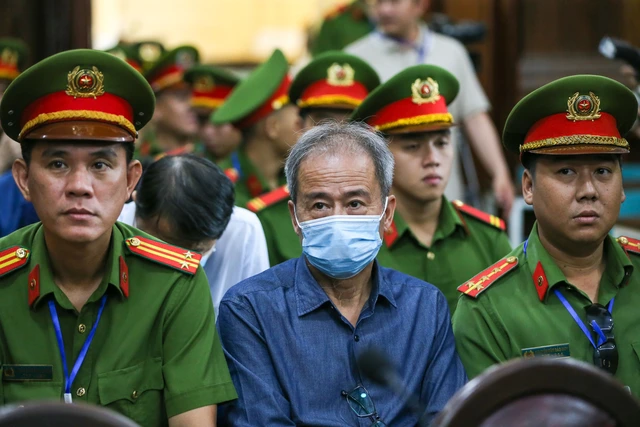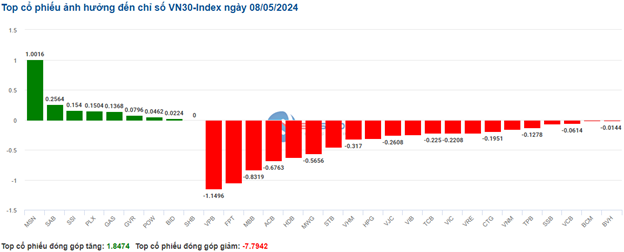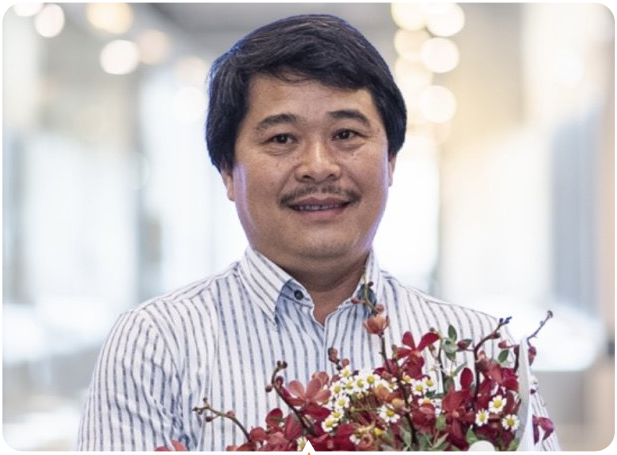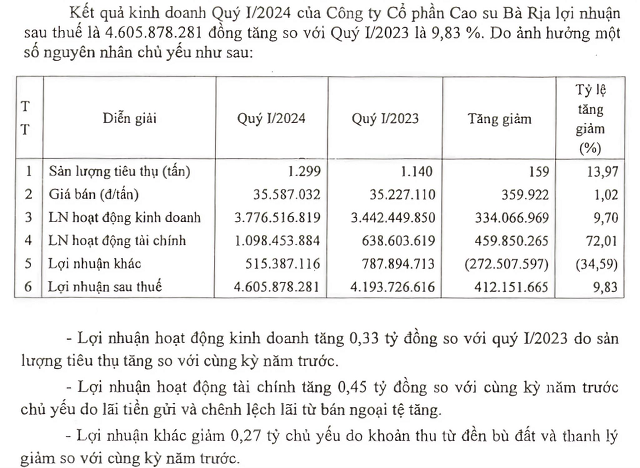On the afternoon of March 11, the trial of the defendants in the Vạn Thịnh Phát case continued with the questioning of defendant Đỗ Thị Nhàn (former Director of the Inspectorate Department II, State Bank Supervision and Inspection Agency).

Defendant Đỗ Thị Nhàn
|
In the period of 2017-2018, the State Bank Supervision and Inspection Agency formed an inspection team at SCB Bank, led by defendant Đỗ Thị Nhàn. Defendant Nhàn was accused of receiving $5.2 million to instruct team members to provide dishonest and incomplete reports on SCB Bank’s misconduct; intentionally concealing and downplaying SCB Bank’s wrongdoings…
Defendant Nhàn testified that she was not aware of Trương Mỹ Lan (former Chairman of SCB Group) in relation to the activities of SCB Bank. Prior to the final inspection report on SCB Bank, she met Trương Mỹ Lan twice upon the request of Võ Tấn Hoàng Văn (former CEO of SCB Bank) to ask Lan to sell assets and repay the bank. As a result of the bank inspection, the inspection team recommended transferring bad debts.

Defendant Nguyễn Văn Hưng
|
Defendant Nhàn stated that she only learned about the significant role of Trương Mỹ Lan in SCB Bank later.
In her response to the Public Prosecutor, Defendant Nhàn further explained that when SCB Bank was qualified for special control with a D rating, she did not discuss this issue with Trương Mỹ Lan.
Defendant Nhàn admitted to the charges in the indictment and admitted to receiving $5.2 million. She requested the Court to consider that, as the leader of the inspection team, she was only carrying out the instructions of defendant Nguyễn Văn Hưng (former Deputy Chief Inspector in charge of the State Bank Supervision and Inspection Agency) – the person who signed the decision to inspect SCB Bank.
Regarding the acceptance of money from SCB Bank, Defendant Nhàn claimed that she passively accepted it, without discussing with SCB Bank to change the inspection results. She stated that she received the money and kept it in a corner of her house, and then contacted Võ Tấn Hoàng Văn, the person who gave her the money, to return it, but Văn did not come to collect it. During her interaction with the investigating authorities, she voluntarily wrote a letter to return the money that Văn had given. As the leader of the inspection team, she sincerely regrets her actions and hopes for leniency from the law.
“The work of the inspection team is very difficult and stressful, working until 2-3am to have a comprehensive view of SCB Bank. However, if SCB Bank did not follow the recommendations, leading to this situation, then the responsibility lies with SCB Bank. SCB Bank is knowledgeable and qualified, but allowed such consequences to occur,” Nhàn said in court.
In response to Defendant Nhàn’s statements, the presiding judge stated that she should not say whatever she likes. Defendant Nhàn admitted to passively accepting the money, but the investigation results showed that she received money from SCB Bank four times. “If it was passive, why did it take until the fourth time to have the consciousness to return it?” the presiding judge asked, and also asked Defendant Nhàn to clarify the basis for her claim that receiving the money was to ensure the safety of her family. However, Defendant Nhàn could not provide an answer.
The presiding judge also cited evidence of Defendant Nhàn’s act of accepting bribes, in which she stated that she had used the money because of family issues. “These are facts that the court points out for Defendant Nhàn to see. The charge of accepting bribes by Defendant Nhàn will be considered during sentencing,” the presiding judge emphasized.
Ý Linh Minh Diem Photo: Hoang Trieu







































